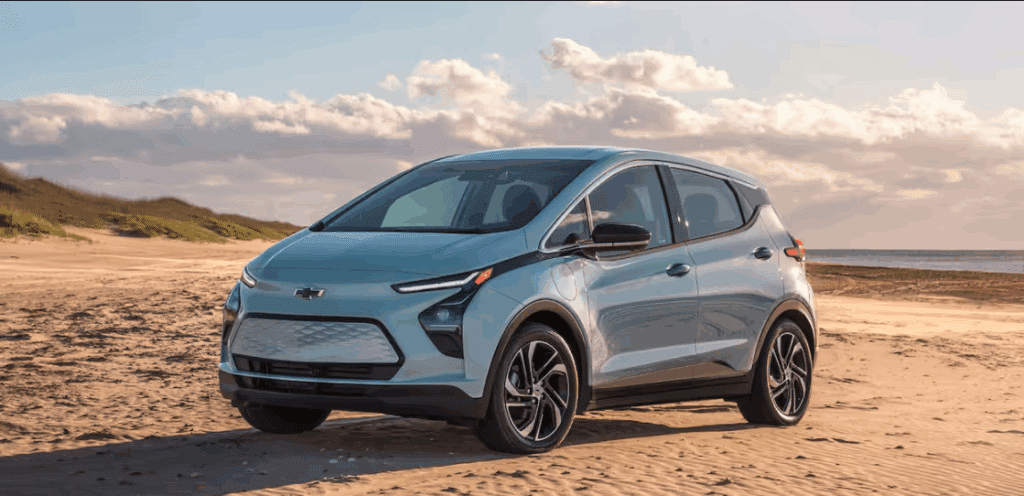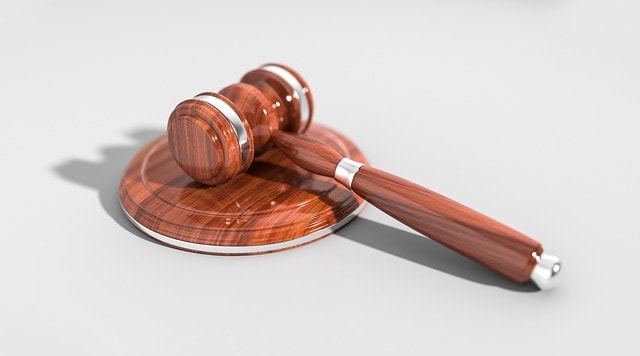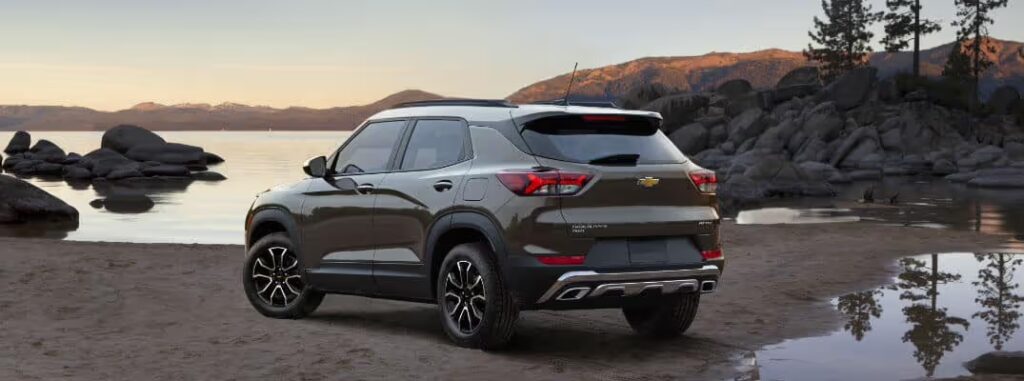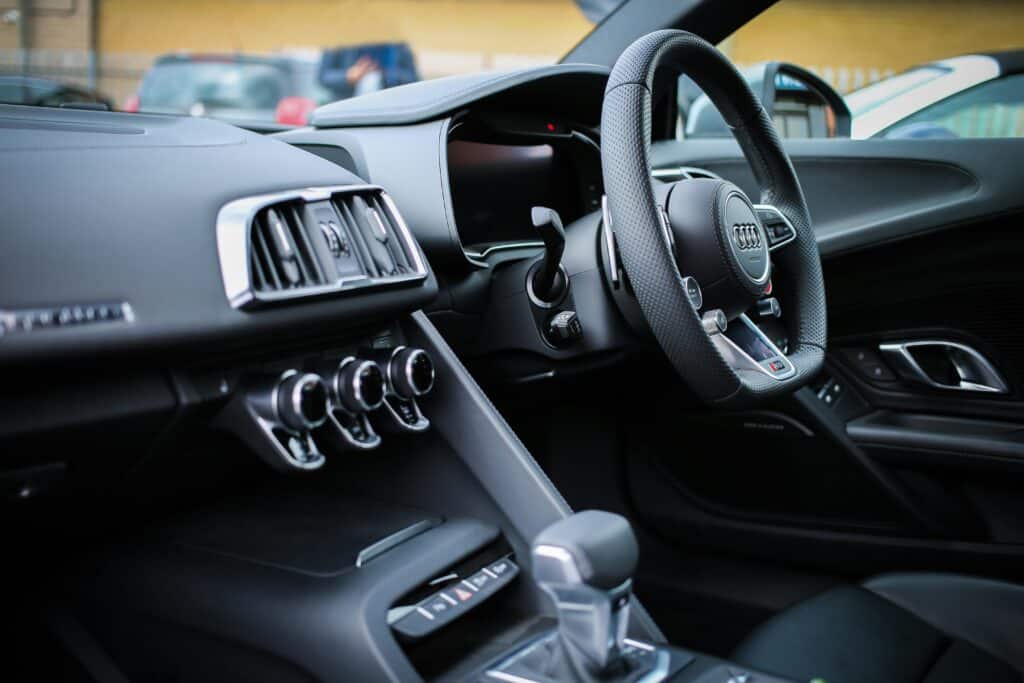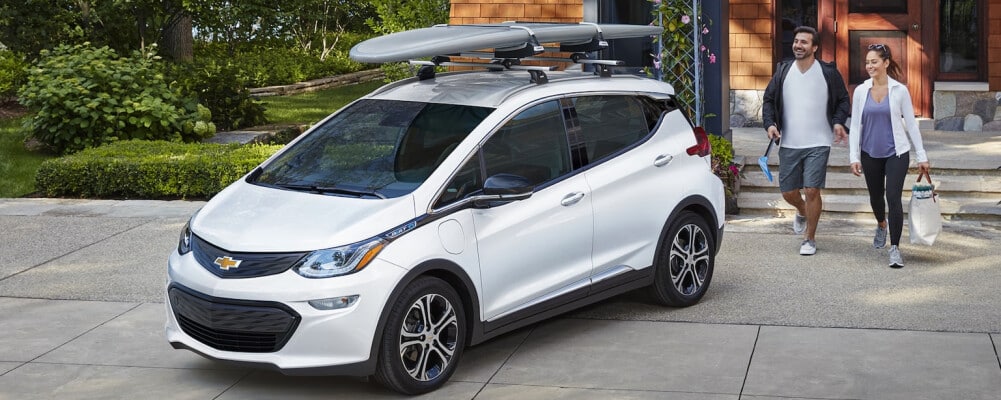
The Chevrolet Bolt is a popular electric vehicle that has attracted many car enthusiasts and vehicle owners across California. However, some owners have faced significant issues with their Chevy Bolt, leading to concerns about whether their car might be a lemon. If you have purchased a Chevy Bolt and are experiencing persistent problems, it is important to understand your rights and options when dealing with the dealer and seeking resolution under California’s lemon law protections.
Comprender la Ley del Limón de California
The California lemon law is designed to protect consumers who purchase or lease vehicles that turn out to have significant defects affecting their safety, value, or use. Under this law, if your Chevy car or vehicle has persistent problems that cannot be resolved after a reasonable number of repair attempts by the dealer or manufacturer, you may be entitled to a replacement or refund. The law applies to new and leased vehicles, including electric vehicles like the Chevrolet Bolt. When a vehicle has ongoing issues despite multiple repair attempts, the dealer or manufacturer is required to either replace the vehicle or refund the consumer, ensuring that Chevy owners are protected from defective cars that fail to meet quality standards.
Your Rights Under Lemon Law
As a Chevy Bolt owner, you are protected under the California lemon law if your vehicle has defective batteries or other issues that compromise its safety and reliability. The California lemon law ensures that if your Chevy Bolt experiences persistent problems despite multiple repair attempts, you have the right to seek remedies such as a lemon law buyback, replacement, or monetary settlement. A specialized lemon law firm can guide you through this process, helping you understand your rights and options. If your Chevy Bolt has undergone several repair attempts without resolution, you may qualify for a free consultation with a lemon law attorney to discuss your case in detail.
General Motors, as the manufacturer, is responsible for addressing defects in their vehicles, including the Chevy Bolt. Whether your vehicle was purchased or leased in California, the lemon law applies, providing protections that may entitle you to a new battery or other necessary repairs to resolve the issues. The service and repair process involves working with the dealer and manufacturer to replace defective components at no cost to you, ensuring that future warranties and vehicle reliability are upheld. At the core, the California lemon law is designed to protect consumers from bearing the costs and risks associated with defective vehicles like the Chevy Bolt, holding manufacturers accountable for providing safe and reliable cars.
Common Defects with the Chevrolet Bolt EV and Bolt EUV
The Chevrolet Bolt EV and EUV have gained popularity as affordable electric vehicles, but they have also been plagued by several notable defects that affect their safety and reliability. Understanding these common issues can help vehicle owners recognize when to seek legal assistance under the California lemon law.
Defective Batteries and Fire Risk
One of the most serious defects affecting the Chevy Bolt EV and EUV is the risk of battery fires due to defective battery packs. General Motors (GM) issued a recall for all Bolt models from 2017 through 2022 to address this safety concern. However, battery replacements have been delayed as GM works to identify the root cause of the defects. This defect poses a significant risk to consumers and has led to many owners being unable to use their vehicles safely. (Sources: CA Lemon Law Firm, Joseph A. Kaufman & Associates)
Battery Capacity Limitations Due to Software Updates
To mitigate the fire risk, some Bolt owners have experienced software-imposed limits on battery charging capacity, capping it at around 75-80%. While this reduces the risk of battery failure, it also significantly limits the vehicle’s driving range, impacting usability and consumer satisfaction. (Source: Chevy Bolt Owner Forums)
Electrical and Infotainment System Issues
Several owners have reported problems with the vehicle’s electrical systems, including intermittent screen blanking and malfunctioning infotainment displays. These issues affect the overall driving experience and may require multiple repair attempts to resolve. (Source: Chevy Bolt Owner Forums)
Delays in Battery Replacement and Warranty Concerns
GM has been criticized for delays in replacing defective batteries, leaving many owners waiting for extended periods. Additionally, some newer Bolt models may no longer qualify for battery replacement under the recall terms, causing confusion and concerns about future reliability. (Sources: Chevy Bolt Owner Forums, Chevy Bolt Lemon Law Suit)
Other Mechanical Issues
Other common defects reported by Bolt owners include rear wiper motor failures and dry-rotted tires, often due to prolonged inactivity during recall-related downtime. While less critical than battery issues, these defects still impact vehicle reliability and owner satisfaction. (Source: Chevy Bolt Owner Forums)
If you own a Chevrolet Bolt EV or EUV and have experienced any of these defects, especially after multiple repair attempts, you may be entitled to remedies under the California lemon law. Consulting a lemon law attorney can help you understand your rights and explore options such as lemon law buybacks, replacements, or settlements.
Pursuing a Solution for Your Defective Chevrolet Bolt
If you’re a Chevy Bolt owner who has experienced issues with your vehicle’s battery or other components, you may be wondering what options are available to you under the California lemon law. The first step is to contact a lemon law firm and schedule a free consultation to discuss your case and determine the best course of action. A reputable lemon law firm will guide you through the process, helping to gather all necessary documents, including repair records and service history, to build a strong case against the manufacturer, General Motors.
Depending on the status of your vehicle and the specifics of your case, you may be eligible for a lemon law buyback. This option allows consumers who have purchased or leased a Chevy Bolt with persistent defects—such as defective batteries that pose a fire risk—to return the vehicle to the manufacturer and receive a refund or replacement. The law firm will work closely with you and the dealership to ensure that your concerns are addressed and that GM accepts responsibility for the defective vehicle.
In some cases, the lemon law firm may negotiate a settlement that includes replacing the faulty battery or performing necessary repairs to make your Chevy Bolt safe and reliable to drive. This process helps to cover the costs associated with these repairs or replacements, protecting consumers from bearing the financial burden of a defective brand. By working with an experienced lemon law firm, you can make sense of the complex legal procedures and ensure that your rights as a Chevy Bolt owner are fully protected under California lemon law.
Get Professional Help at the Lemon Law Associates of California
A reputable lemon law firm like the Lemon Law Associates of California can provide the expertise and guidance necessary to successfully navigate the complex process of filing a lemon law claim for your Chevrolet Bolt. With extensive experience handling lemon law cases, our firm helps you understand the documentation required to file a claim and works diligently to ensure you receive the compensation you deserve. Our dedicated team of attorneys and professionals collaborates closely with you to gather all relevant evidence, communicate effectively with General Motors, and negotiate a fair settlement that covers repair costs, replacements, or other damages related to your Chevy Bolt.
By entrusting your case to a proven lemon law firm such as Lemon Law Associates of California, you can have confidence that your claim is in capable hands and that you will achieve the best possible outcome for your Chevrolet Bolt EV. Additionally, our law firm covers all costs associated with pursuing your lemon law case, so you won’t have to pay out of pocket for our services.
Call Our Lemon Law Firm Today For A Free Consultation!
If you believe your Chevy Bolt may be a lemon, don’t wait to take action. Contact the Lemon Law Associates of California today for expert guidance and support. You can easily book an appointment online at www.lemonlawassociates.com or call us directly at (855) 864-9199. Our experienced team is ready to help you understand your rights and pursue the compensation you deserve under California’s lemon law. Let us turn your lemon Chevy Bolt experience into a positive resolution—reach out now!
Preguntas frecuentes
What should I do if my Chevy Bolt EUV or Chevrolet Bolt EV has defective batteries?
If you own or lease a Chevy Bolt EUV or Chevrolet Bolt EV with defective batteries, especially those affected by the recall, you should contact the dealer or manufacturer immediately. Under California lemon law, if the vehicle has undergone a reasonable number of repair attempts without resolution, you may be entitled to a new battery replacement, a lemon law buyback, or other remedies.
Can I file a lemon law claim if my Chevrolet Bolt EV has persistent battery issues?
Yes, if your Chevrolet Bolt EV has persistent problems related to defective batteries that cannot be fixed after a reasonable number of repair attempts, you can file a lemon law claim in California. This applies whether the vehicle was purchased or leased. The law protects consumers by requiring the manufacturer to replace the vehicle, provide a new battery, or offer a refund.
What does “reasonable number of repair attempts” mean under California lemon law for Chevy Bolt vehicles?
A reasonable number of repair attempts typically means that the dealer or manufacturer has tried multiple times to fix the same defect—such as defective batteries—without success. For Chevy Bolt vehicles, this standard helps determine if your car qualifies as a lemon and if you can pursue a replacement or refund under California lemon law.
If I purchased or leased a Chevy Bolt EUV, am I covered under the recall and lemon law protections?
Yes, both purchased and leased Chevy Bolt EUV vehicles affected by the recall are covered under California lemon law protections. If your vehicle has defective batteries or other serious issues, you have the right to seek remedies such as a new battery replacement or lemon law buyback.
What kind of warranties apply if my Chevrolet Bolt EV requires a new battery replacement?
When your Chevrolet Bolt EV receives a new battery replacement due to defective batteries or recall, the warranties on that battery and related components are typically extended or reset. This ensures your vehicle remains covered for future defects or issues related to the replaced parts.
What happens if the manufacturer does not accept my lemon law claim for my Chevy Bolt?
If the manufacturer does not accept your lemon law claim after you have filed with proper documentation showing repeated repair attempts and ongoing issues, you may need to pursue legal action with the help of a specialized lemon law firm. These firms can assist vehicle owners in California to enforce their rights and obtain compensation or replacement for their defective Chevy Bolt vehicles.


